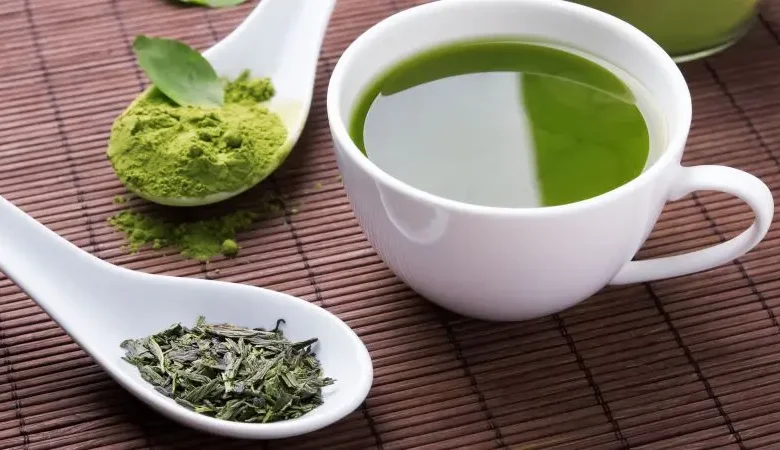Matcha may have bacteria that cause gum disease, study reveal

Matcha green tea has the potential to keep gum disease at bay, a new study finds.
Lab experiments show that matcha can inhibit the growth of Porphyromonas gingivalis, one of the main bacterial culprits behind gum disease.
Among a small group of 45 people with gum disease, those who used matcha mouthwash wound up with significantly lower levels of P. gingivalis, results show.
“Matcha may have clinical applicability for prevention and treatment of periodontitis [gum disease],” researchers from the Nihon University School of Dentistry at Matsudo in Japan noted in their paper published May 21 in the journal Microbiology Spectrum.
Matcha is a highly concentrated and vibrantly green tea that is also available in a powdered form. It’s used in traditional tea ceremonies, and for flavoring in beverages and sweets, researchers said.
The green tea plant has long been studied for its potential to fight bacteria, fungi and viruses, researchers noted.
To test matcha’s potential, researchers applied a matcha solution to 16 mouth bacteria species in the lab, including three strains of P. gingivalis.
Within two hours, nearly all the P. gingivalis cells had been killed by the matcha extract, and after four hours all the cells were dead, researchers found.










